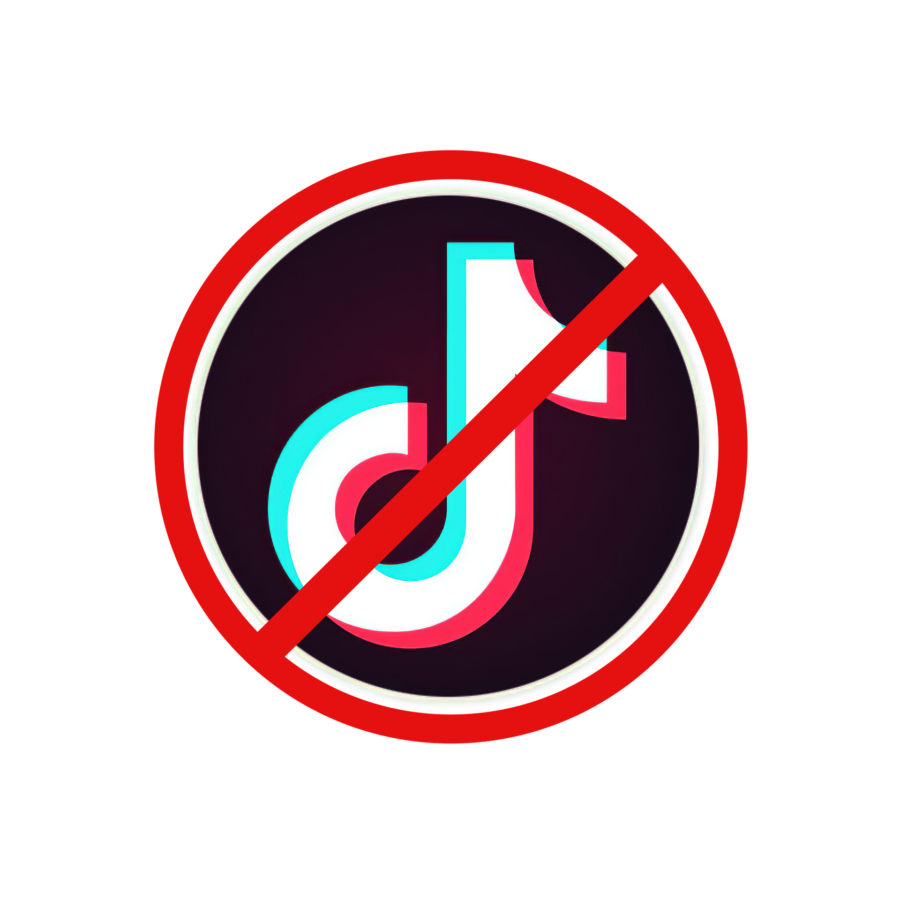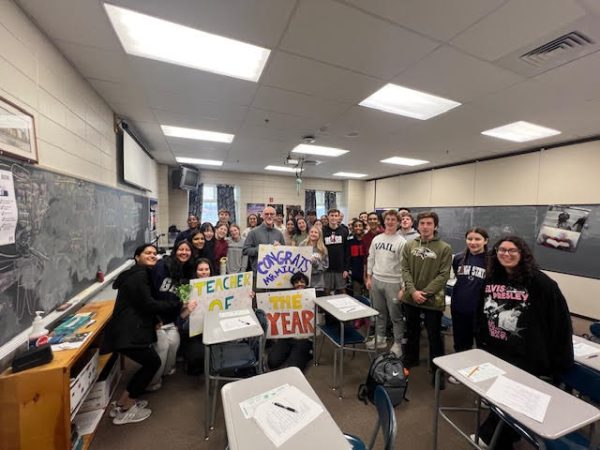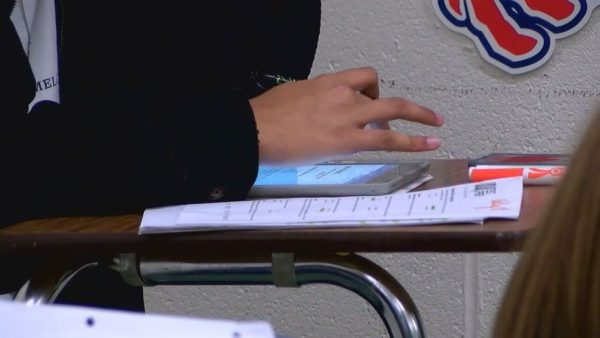TikTok Under Fire for Alleged Data Privacy Misuse
On March 23, 2023, lawmakers interviewed TikTok representatives about a range of concerns regarding the app, including its data privacy and security practices, connections to the Chinese government and the effects it could have on young users. Mustangs follow up on the recent TikTok hearing court case after being fans of this popular app for several years.
To prepare for his appearance before Congress on Thursday, TikTok’s CEO Shou Zi Chew has undergone extensive preparation sessions with TikTok personnel playing the role of lawmakers to help him practice responding to various questioning styles and scenarios.
During the hearing, TikTok representatives provided information and testimony about these issues and answered questions from lawmakers. Additionally, lawmakers discussed potential legislative or regulatory measures such as banning TikTok from collecting personal data that could be implemented to address any issues raised.
Many people knew that the outcome of the hearing may vary depending on the response of the court and the testimony provided,but many ask how that’s possible, when TikTok representatives weren’t allowed to speak or answer questions properly.
“I find it outrageous and unfair that the CEO wasn’t even able to speak or actually prove his point to the judges. How do they expect him to defend his case, if they don’t let him talk?” freshman Ava Sanchez said.
CEO Shou Zi Chew, asked to respond but was denied by Chair McMorris Rodgers multiple times, indicating the overall tone of the hearing. It made it appear that the Court barely cared about hearing TikTok’s side of the argument and had already made their decision.
Although many people feel as if Chew was not fairly treated, many think that it is important to shut down apps such as TikTok as soon as possible. Representative Gary Palmer of Alabama suggested that as long as TikTok is tethered to ByteDance, a Chinese internet technology company headquartered in Beijing, measures to shore up data security cannot be trusted.
“You have repeatedly used the word ‘transparency’ throughout this hearing,” Palmer said. “And every time you’ve said it, all I heard was deception.”
As long as TikTok is either partnered with or attached to ByteDance, the data put into the app by millions of people cannot be deemed as protected.
Numerous members of the committee concentrated on ByteDance and its executives, who legislators claim have affiliations with the Chinese Communist Party. The committee inquired about the frequency of Chew’s communication with them and raised doubts about whether the company’s proposed solution, known as Project Texas, would sufficiently safeguard against Chinese laws that require companies to make user data available to the government. During the session, Tony Cárdenas, a Democrat from California, asked Chew directly if TikTok was a Chinese company.
Chew replied that TikTok was a global platform, not accessible in mainland China, and headquartered in Singapore and Los Angeles. Another member, Republican Neal Dunn from Florida, asked whether ByteDance had conducted espionage on American citizens, following reports that the company had accessed journalists’ information in an effort to identify leakers. Chew responded that spying was not an appropriate term to describe the situation.
To address concerns about Chinese influence, TikTok has committed to moving all US user data to servers located in the United States as part of a plan called Project Texas. Under this plan, US tech firm Oracle would review TikTok’s source code and serve as an independent monitor.
The company has pledged to complete the project by the end of the year, but some lawmakers have raised doubts about the feasibility of reviewing hundreds of millions of lines of source code in such a short period. Congressman and software engineer Jay Obernolte, a Republican from California, expressed concern that Project Texas may not have the necessary technical capability to provide the necessary assurances.
Finally, the coalition and several members of the House committee shared the same view regarding the urgent necessity for federal data privacy regulations that safeguard consumer information and control all major tech companies, including TikTok. To address these concerns, there is a bipartisan bill known as the American Data Privacy Act that is currently being considered in Washington. Until then, there is no guarantee of an instant outcome. Mustangs are anxious to know the results of the court’s decisions, and how it may impact their ability to use the app.

Hey! My name is Deeksha Takkoli. I am currently a junior taking journalism for the first time. I’m excited to become a writer and write about topics...







